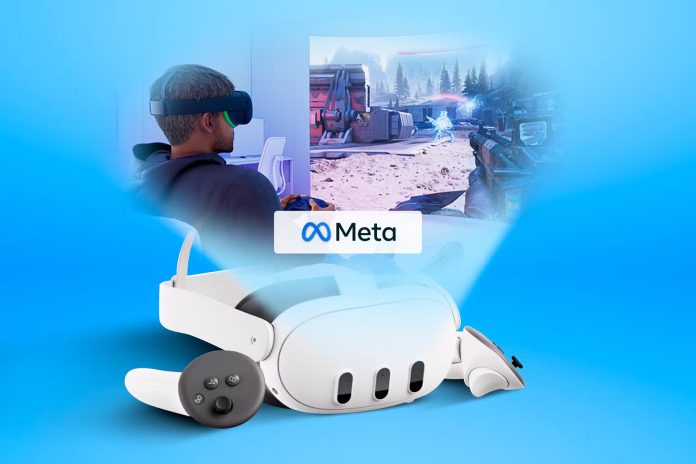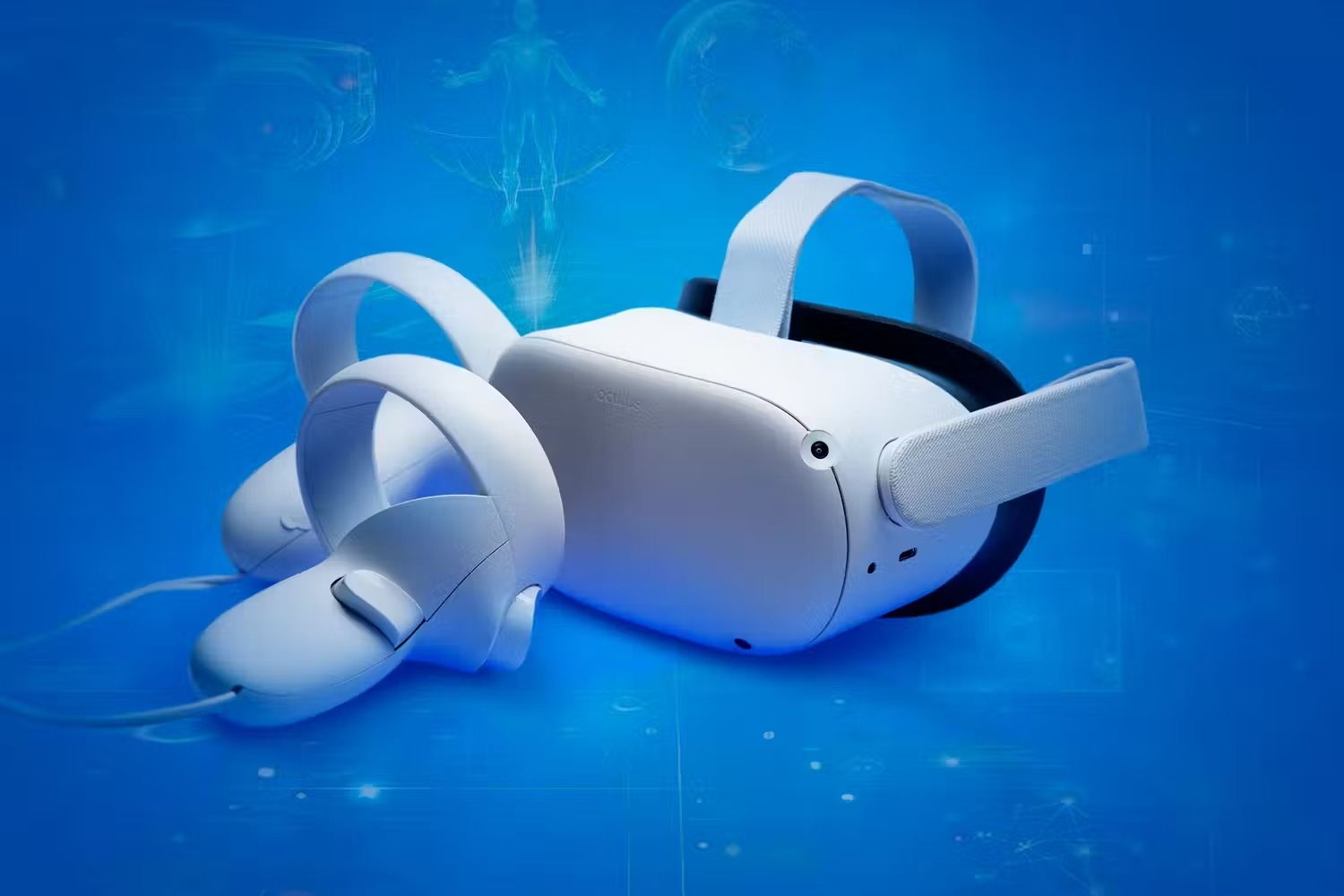Meta, the firm that created the famous Quest VR headsets, has announced that it is making its software technology available to third-party hardware manufacturers. This means that many firms will soon release separate VR headsets that are all part of the same ecosystem as Meta Quest.
Meta Is Opening Quest Up to Third Parties
According to a post on the official Meta blog, the Meta Quest Horizon OS platform, which powers every Quest, will now be available to various hardware partners. So far, Meta has revealed that ASUS, Lenovo, and even Microsoft are developing products, including an Xbox-inspired headgear. However, this does not suggest that Xbox systems will support virtual reality.
Meta goes on to explain that this would provide developers with a broader variety of devices to target, which I believe will include much higher-end hardware than existing Quest headsets, as well as integrate them in Quest’s social networking platform. So it makes sense for Meta, whose primary business is Facebook, to have as many hardware platforms available as possible. It’s a sound commercial decision in my perspective, but it might have far-reaching consequences.
This Could Be a Steam Deck Moment for VR
Let’s take a moment to explore the Steam Deck. Although several firms attempted to make mobile gaming PCs, it wasn’t until Valve produced the blueprint (and hence the industry) that interest soared. We now offer a variety of fantastic handhelds to pick from. Although they don’t all run SteamOS (though you can come close), they all run Steam, which is all that counts to Valve.
Valve, like Meta with the Quest, solved various challenges in terms of hardware, software, and functionality. Valve did not need to offer the operating system, but the result is roughly the same. Other hardware manufacturers can now focus on building good hardware rather than dealing with difficult challenges such as monitoring or maintaining their own software stores, or attempting to get developers to create games and apps for their platforms.



